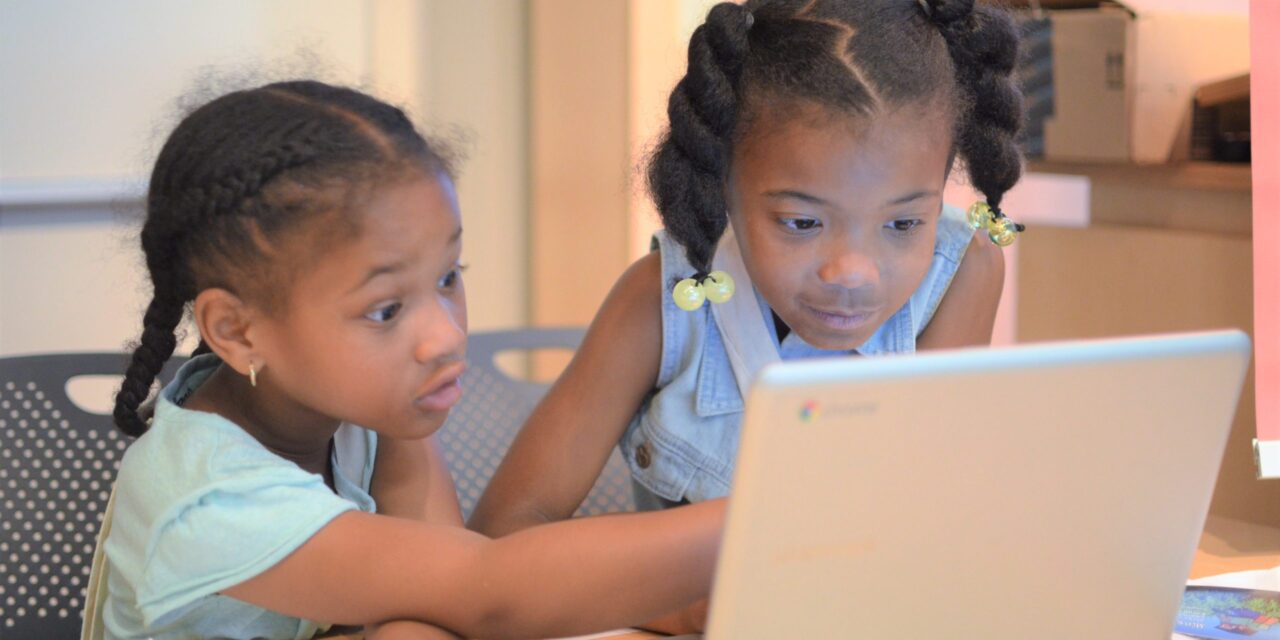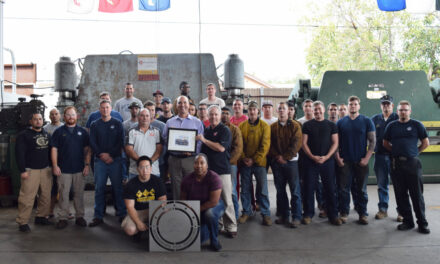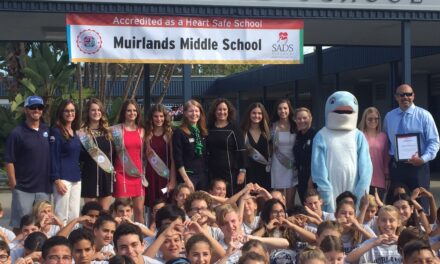
SAN DIEGO–After over 7 years teaching local students coding in after-school programs and camps, San Diego startup, ThoughtSTEM, was in the process of starting a nonprofit, MetaCoders, to handle all of its in-person education programs.
MetaCoders was set to take on the hundreds of students that ThoughtSTEM teaches computer science to each week, so that ThoughtSTEM could focus on building and designing educational technologies. The COVID-19 pandemic had other plans:
Since COVID-19 shut down SDUSD schools, the staff at ThoughtSTEM and MetaCoders have collaborated to create an online Coding Club that teaches students how they can build technologies to help their own virus-affected communities.
“The goal is to empower students to build their own digital solutions to solve problems they might see in their households and neighborhoods,” says MetaCoders co-founder, Lindsey Handley, Ph.D. “I don’t think every student who joins our online program will necessarily build the next COVID-19 app, but I do believe they’ll come away with a sense that coding is more than just building video games – it can be an incredibly powerful tool for contributing to and connecting your community.”
They’re calling the program Quarantine Coding Club: Parents can register their K-12 students for 1-hr sessions on days and times convenient for them.
“One of our goals was flexibility,” says Jordan Hisamoto, MetaCoders Program Manager. “We know families’ lives have been turned upside down by COVID-19.”
New curriculum is available on a daily basis so that students always have new online activities to look forward to with their favorite instructors.
For other educators, the transition has been less straightforward: With little training and few resources, teachers across the country are trying to find ways to engage students in digital classrooms or through educational apps. In San Diego, San Diego Unified School District has already started transitioning to online learning for many students and hopes to bring back formal grading and instruction by the end of the month.
With the technical expertise of their staff, ThoughtSTEM and MetaCoders have an edge in digital spaces that they’re hoping to take advantage of. After hearing complaints from many students and parents about the lack of student engagement in Zoom classrooms, ThoughtSTEM and MetaCoders began experimenting with novel digital classroom designs.
“We’re working on a new concept called ‘hyper-classrooms’ where students have the freedom to explore different digital spaces with different learning activities”, says MetaCoders co-founder, Stephen Foster, Ph.D. “If a student doesn’t feel like they’re getting anything out of an activity, they can move to another classroom and try something else! We know that when students have autonomy in their education, they really engage!”
This research and development is partially funded by ThoughtSTEM’s National Science Foundation Small Business Innovation Research (NSF SBIR) grant, which supports the development of cutting-edge educational technologies.
“It’s clear that learning how to code is more critical than ever,” says Dr. Handley. “If we had more coders in the world, we’d be able to build more work-from-home solutions, crunch more data faster, help more essential employees and our neighbors stay safe… We want to make sure that in the future our students are prepared to rebuild this economy to one that doesn’t crumble under a pandemic like we’ve seen.”
Quarantine Coding Club currently has sessions Monday through Friday from 12 p.m. to 1 p.m. and 3 p.m. to 4 p.m., but new sessions are expected to open based on parent interest. For more information, visit https://metacoders.org/online.







